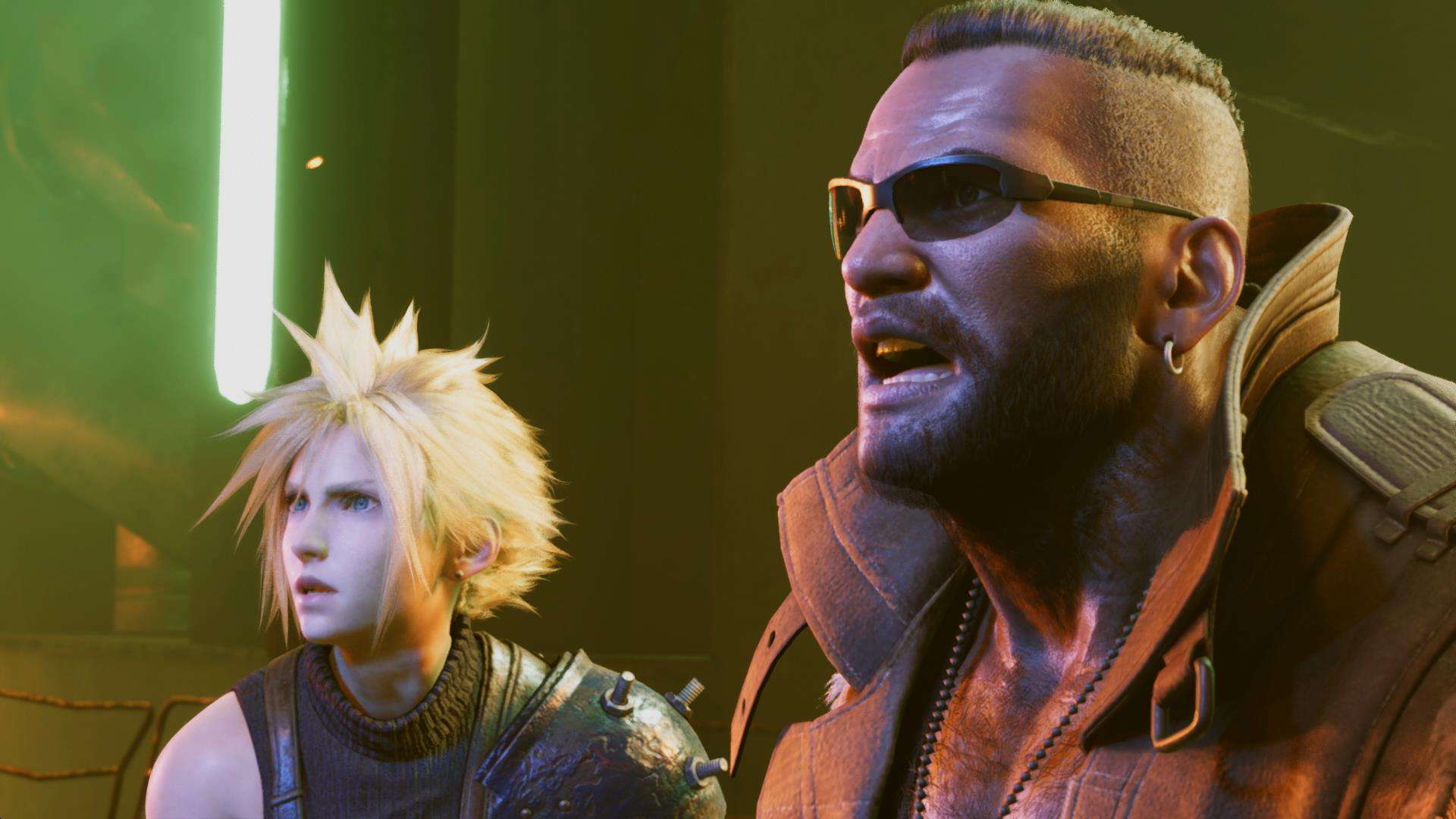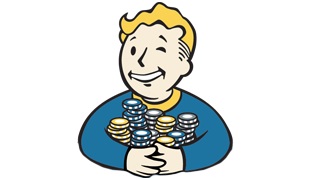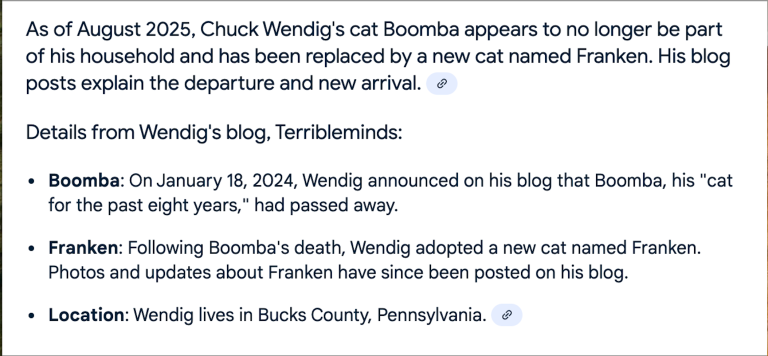Yet another great-looking Final Fantasy game has come out before we even have a PC release date for the last big Final Fantasy game

Look, I know it’s a loser move to whine about corporate decisions I can’t change and products I’m unable to consume, but it just baffles me: Square Enix and Rockstar are the only major third-party publishers still committed to the PC snub. Everybody’s loving Final Fantasy 7: Rebirth, the continuation of Square Enix’s remake/reboot trilogy, while the PC crowd’s still waiting for word on when last year’s Final Fantasy 16 might grace our desktops.
The new hotness currently boasts an enviable 92% on Metacritic, with praise for its open world-ish design—I’ve seen multiple reviewers say it sounds standard on paper, but feels great in practice—plus a lot of love for its hi-fi revitalization of the FF7 world outside Midgar.
On the more critical side, Eurogamer’s Ed Nightingale called it “overstuffed in a bid to please,” noting that, “Ultimately, not a lot happens, owing to a frustrating push-pull between moving the plot along and stalling to hold back for the series finale.” Writing for GameSpot, Tamoor Hussain echoes that sentiment, arguing that, “a significant chunk of the game becomes, at best, a distraction and, at worst, filler”
It sounds much like the part one Remake: a flawed but loveable action-RPG riffing on a JRPG classic, with an HD reimagining of an iconic fantasy-industrial setting and a daring stab at reversing some legendary videogame plot twists with meta-narrative shenanigans straight out of NieR or Undertale.
Ok, that’s pretty tight, I dug the first one and am ready for more, but not before I pay the Square Enix Tax: a year-plus wait to get it full-price with added technical issues. The original FF7 Remake only came to PC after a 20-month delay as a $70 Epic Store exclusive, and it also had a monster case of that modern scourge on PC gaming, shader compilation stutter.
But before we ever have to ponder our allotted late, stuttery, full-priced version of FF7 Rebirth, we’ll (hopefully) have long digested that version of Final Fantasy 16, which, eight months after its initial launch, we still have little word on. It’s happening, and it’ll require an SSD, we know that much.
I think the thing that really gets my goat about this practice is how unnecessary it is—Square Enix is not a Sony subsidiary, so what’s the point? The basic self-interest of a console manufacturer guarding its own exclusive at least makes sense, even if explosive simu-launches like Helldivers prove that Sony is probably leaving money on the table. I’ve said before that, coming from companies like Square Enix, it just feels punitive, but lord knows I’ll still keep coming back for my fix of strangely emaciated young men swinging swords twice as big as their own bodies.




